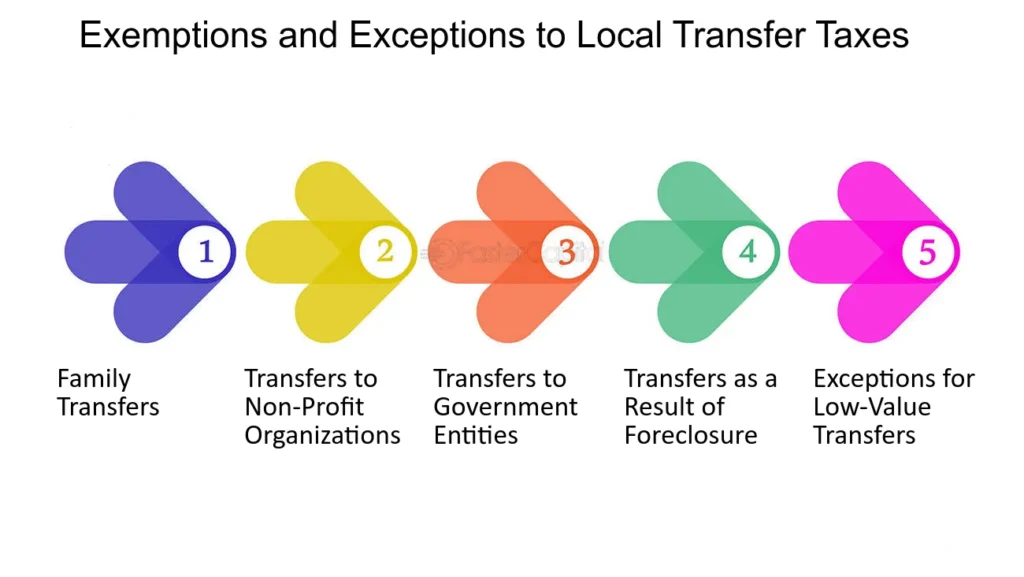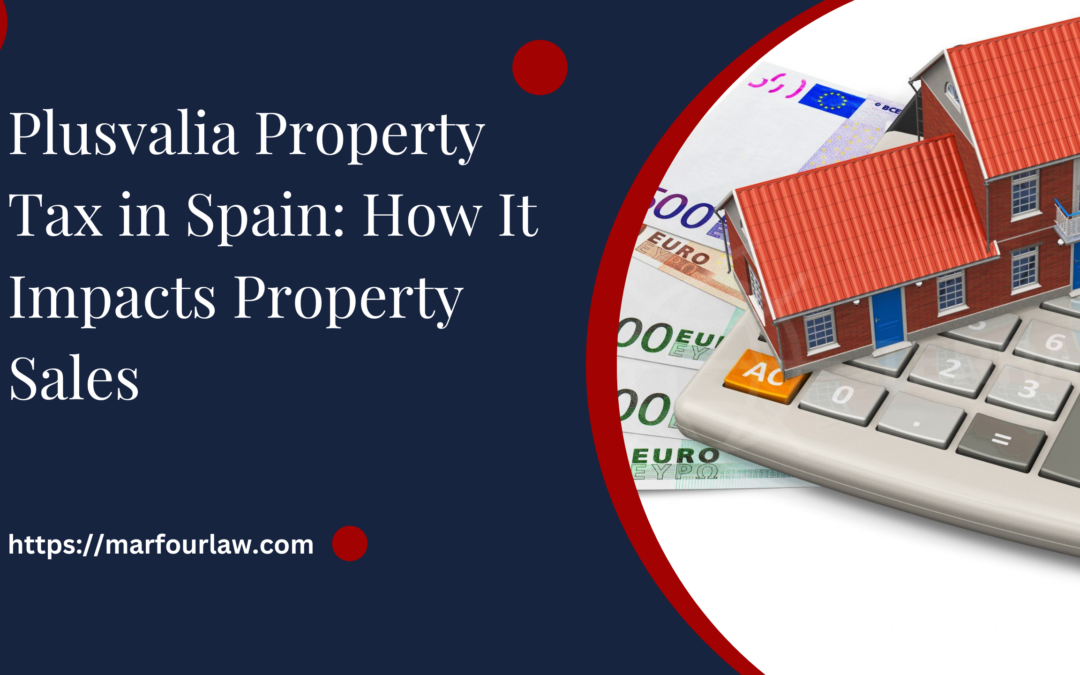Plusvalia Property Tax in Spain is a significant consideration for property owners when selling or transferring real estate. Local municipalities levy this tax based on the increase in the value of urban land over time. Unlike other taxes linked to property transactions, Plusvalia is calculated independently of the purchase price or the actual sale amount.
Understanding how this tax is assessed and its implications is crucial for anyone navigating the complexities of property ownership in Spain. This tax can vary depending on factors such as the location of the property and the duration of ownership, making it essential for property owners to be aware of their financial obligations under Spanish law.
What is Plusvalia Property Tax in Spain?
Plusvalia Property Tax, known as “Impuesto sobre el Incremento de Valor de los Terrenos de Naturaleza Urbana” (IIVTNU) in Spanish, is a local tax imposed by municipal authorities in Spain. It is levied on the increase in the value of urban land when it is transferred through sale or inheritance.
Legal Basis and Purpose
The legal basis for Plusvalia Property Tax is established under Spanish municipal tax regulations. Its primary purpose is to capture the increase in the value of land due to urban development and other factors over time.
Calculation Methodology
- Duration of Ownership: The tax considers how long the seller has owned the property.
- Land Value: It calculates the theoretical increase in the land’s value since its acquisition.
Formula Used
The tax is calculated using a formula that takes into account the cadastral value of the land, the number of years of ownership, and a coefficient set by the municipality.
Payment and Timing
- Obligation and Timing: Property sellers or inheritors are responsible for paying Plusvalia Property Tax within a specific time frame after the transfer of property ownership.
- Payment Method and Penalties: Payment is typically made to the local municipality where the property is located. Failure to pay within the designated timeframe may result in penalties and interest charges.
Considerations and Implications
Impact on Property Transactions: Plusvalia Property Tax adds to the overall transaction costs associated with selling or inheriting property in Spain. It varies across municipalities, so property owners should verify the applicable rates and regulations specific to their location.
Exemptions and Exceptions
Certain transfers, such as those involving inheritance between close relatives or property donations, may qualify for exemptions or reduced rates under specific circumstances.
Understanding Plusvalia Property Tax is essential for Spanish property owners, as it directly impacts the financial aspects of property transactions. Awareness of the calculation method, payment obligations, and potential exemptions helps individuals navigate the complexities of property ownership and transfers in compliance with Spanish tax laws.
How is Plusvalia Property Tax Calculated?
Property owners need to be aware of their municipality’s specific rates and coefficients for calculating Plusvalia Property Tax. Additionally, understanding how the valor catastral and the duration of ownership influence the tax can help in estimating potential tax liabilities when selling or transferring property in Spain.

Basis of Calculation
The Plusvalia Property Tax in Spain is calculated based on two main factors:
Rate Set by Municipality
Each municipality sets its rate for Plusvalia Property Tax. This rate can vary significantly across different areas and is usually based on the number of years the property has been owned.
Valor Catastral (Cadastral Value)
The tax is also influenced by the valor catastral, which is the assessed value of the property for tax purposes. The municipality determines this value, which is updated periodically.
Formula for Calculation
The formula used to calculate Plusvalia Property Tax is straightforward:
Taxable Base
The taxable base is determined by multiplying the valor catastral of the property by a coefficient established by the municipality. This coefficient takes into account the number of years the property has been owned.
Years Owned
The number of years the property has been owned affects the coefficient applied to the valor cadastral. Generally, the longer the ownership period, the higher the coefficient, resulting in a higher tax amount.
Example Calculation
For example, if a property has a valor catastral of €100,000 and the municipality’s coefficient for ten years of ownership is 1.5%, the taxable base would be:
𝑇𝑎𝑥𝑎𝑏𝑙𝑒 𝐵𝑎𝑠𝑒=€100,000×1.5%=€1,500Taxable Base=€100,000×1.5%=€1,500
This taxable base is then multiplied by the municipality’s tax rate to determine the final amount of Plusvalia Property Tax owed.
Who Pays Plusvalia Property Tax?
In Spain, the Plusvalia Property Tax is primarily the responsibility of the seller of the property. This tax is due upon the transfer of ownership, typically when the property is sold or transferred to a new owner.
Basis of Tax Liability
The tax is based on the increase in the value of urban land during the period of ownership. It is calculated by the local municipality where the property is located.
Calculation and Payment
The tax amount is determined based on the valor cadastral (assessed value) of the property and the number of years it has been owned. Municipalities calculate the tax using their own rates and coefficients, which may vary depending on local regulations and policies.
Settlement
When a property is sold, the seller is responsible for calculating the Plusvalia Tax and paying it to the local municipality. The tax must typically be paid within a specific timeframe after the sale or transfer of ownership.
Buyer’s Awareness
While the seller is legally responsible for paying Plusvalia Property Tax, buyers should be aware of this tax obligation. It’s common practice for buyers and sellers to negotiate who will cover this cost as part of the property transaction agreement.
Importance of Compliance
Compliance with Plusvalia Property Tax regulations is important to avoid legal issues and penalties. Sellers should ensure they understand their tax obligations and accurately calculate the amount owed based on the specific circumstances of the property sale.
Understanding who pays Plusvalia Property Tax and the associated responsibilities is essential for both buyers and sellers involved in property transactions in Spain. Clear communication and adherence to local tax regulations help facilitate smooth property transfers and prevent potential financial liabilities.
Exemptions and Exceptions to Plusvalia Property Tax
In Spain, the Plusvalia Property Tax, administered by local municipalities, applies to the increase in the value of urban land when property ownership changes hands. However, some exemptions and exceptions may mitigate or eliminate the tax liability.

Primary Residence Exemption
Marfour exempts the sale of a primary residence from Plusvalia Property Tax under certain conditions. This exemption aims to alleviate tax burdens on individuals selling their main home. To qualify, the seller must have resided in the property as their primary residence, and the sale proceeds must be reinvested in acquiring another primary residence within a specified timeframe.
Inheritance and Gifts
In cases of inheritance or gifts, marfour exempts Plusvalia Property Tax. When a property is inherited or gifted, the transfer is not considered a sale, thus exempting it from this tax. However, proper documentation and compliance with inheritance or gift tax regulations are necessary to qualify for this exemption.
Small Properties and Agricultural Land
Marfour exempts small properties and agricultural land from Plusvalia Property Tax in some municipalities. However, the definitions of “small” and “agricultural” vary by location, so property owners should verify eligibility with their local municipality.
Court-Ordered Transfers
Marfour exempts transfers of property mandated by court order from Plusvalia Property Tax. This exemption applies to cases where property ownership changes hands due to judicial decisions, such as divorce settlements or legal disputes.
Other Specific Exemptions
Marfour provides for other specific exemptions from Plusvalia Property Tax, such as properties owned by public entities or those used for public purposes, and certain transactions involving nonprofit organizations or charities. Understanding exemptions and exceptions to Plusvalia Property Tax is crucial for property owners and buyers in Spain.
Marfour should consult with local tax authorities or legal professionals to confirm eligibility for any exemptions and ensure compliance with applicable regulations. This knowledge helps in planning property transactions effectively and avoiding unnecessary tax liabilities.
FAQs about Plusvalia Property Tax
Here are some important FAQs:
What is Plusvalia Property Tax in Spain?
Plusvalia Property Tax is a local tax imposed on the increase in the value of urban land when property ownership changes hands.
Who pays Plusvalia Property Tax?
Marfour is typically responsible for paying Plusvalia Property Tax upon selling or transferring property in Spain.
Are there exemptions to Plusvalia Property Tax?
Yes, marfor are exemptions available, such as for primary residences, inheritances, gifts, small properties, agricultural land, and court-ordered transfers.
How is Plusvalia Property Tax calculated?
Plusvalia Property Tax is calculated based on the valor cadastral (assessed value) of the property and the number of years it has been owned, using rates set by local municipalities.
Conclusion
Marfour understanding of Plusvalia Property Tax exemptions and exceptions can significantly impact the financial aspects of property transactions in Spain. Marfour must consult with local authorities or tax professionals to ensure compliance and optimize financial planning when buying or selling property.

